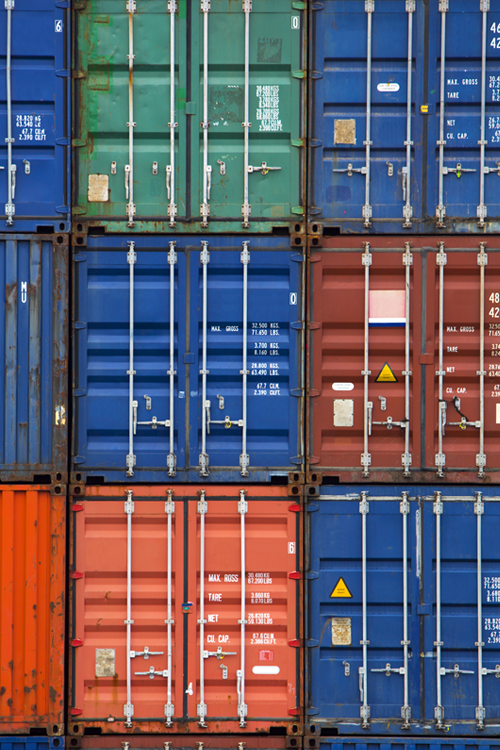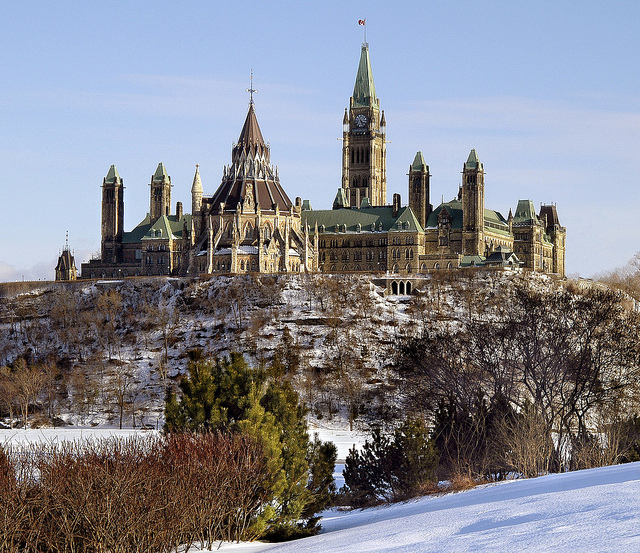On 5 February 2016 the Honourable Stéphane Dion, Minister of Foreign Affairs, and the Honourable Chrystia Freeland, Minister of International Trade, announced changes to the Special Economic Measures (Iran) Regulations (SOR/2010-165).
Canada has for many years imposed unilateral measures as well as sanctions in accordance with UN Security Council resolutions 1737 (2006), 1747 (2007), 1803 (2008) and 1929 (2010); like all UN Member States Canada is required to implement Security Council resolutions and is authorized to do so under the United Nations Act, RSC 1985 c. U-2. Following concerted multilateral diplomacy, Iran reached an agreement with the P5+1 group, which was adopted in July 2015 as Security Council resolution 2231 (2015). Iran completed the required steps on 16 January 2016, sometimes called “implementation day”, and accordingly member states are required to amend their economic measures with respect to Iran.
Under the previous regime trade was prohibited both in respect of a large list of persons and entities (under Schedule 1) as well as with respect to a wide range of goods and services (under Schedule 2), excepting food and humanitarian goods identified in s.8.1 or listed in Schedule 3.
The changes bring an end to this broad application of sanctions and in most industries will permit Canadian entities to re-engage economically with Iran. Dealing in nuclear, ballistic, or dual-use technologies remains prohibited. Entities may apply for a permit to trade in goods and services on the Export Control List, but the government has indicated that applications for the more sensitive items “will normally be denied”.
The Government of Canada’s news release and backgrounder can be found here.
UPDATE: The unofficial regulations can be found here.




